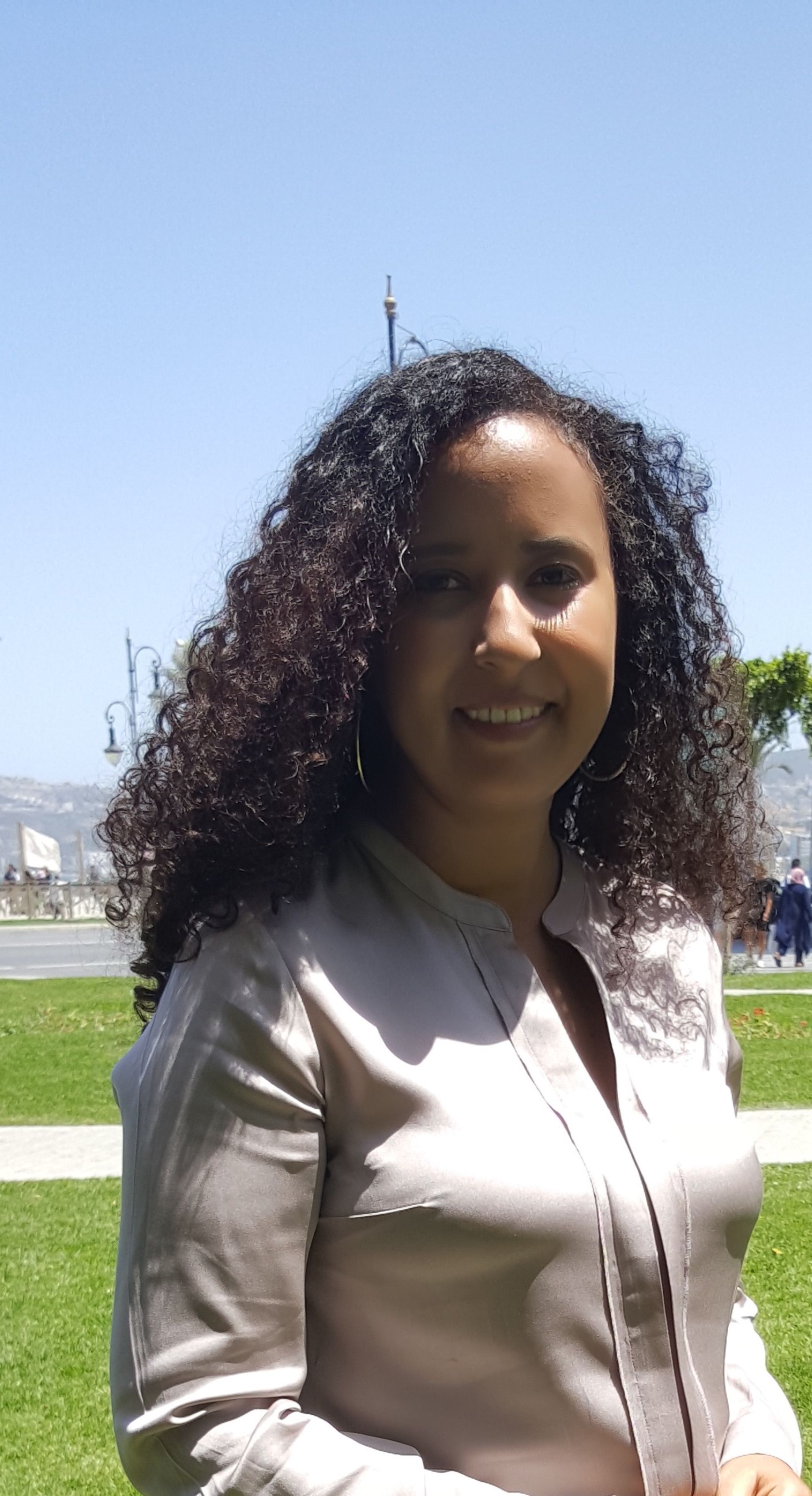Regulating War in Times of Modernity: A Critical Approach of the Comparison of International Humanitarian Law and Islamic Law on the Use of Force
This project aims to analyze the contribution of the International Humanitarian Law to the regulation of armed conflicts in the Arab countries. This branch of the International Law is considered as the most appropriate legal instrument to "humanize" wars without aiming to prevent them. Furthermore, as these events are described by international experts as religious conflicts, some international organizations have made the choice to invoke the Islamic Law on the use of force to convey the principles of the International Humanitarian Law to Muslim warring parties in order to remind them of their responsibilities to protect civilians during hostilities. As a result, a new legal discipline is emerging entitled “Islamic International Humanitarian Law”.
This study will analyze the logic followed by these actors who use the expertise of Islamic Law specialists to establish a comparative approach between these two legal systems. In a second step, it will explore if comparative law has managed to grasp the raison d'être of Islamic Law and its moral values on the one hand and its effectiveness today in the face of the challenges of modernity (e.g., militarism and humanitarianism) on the other. Finally, it will be interesting to discuss how moral values enshrined in Islamic Law could contribute in renewing our reflection on war and peace in these challenging times. This project will favor an interdisciplinary approach where disciplines, such as the history of law, the science of usul al-fiqh, International Law, anthropology, etc., will be essential to build it.


